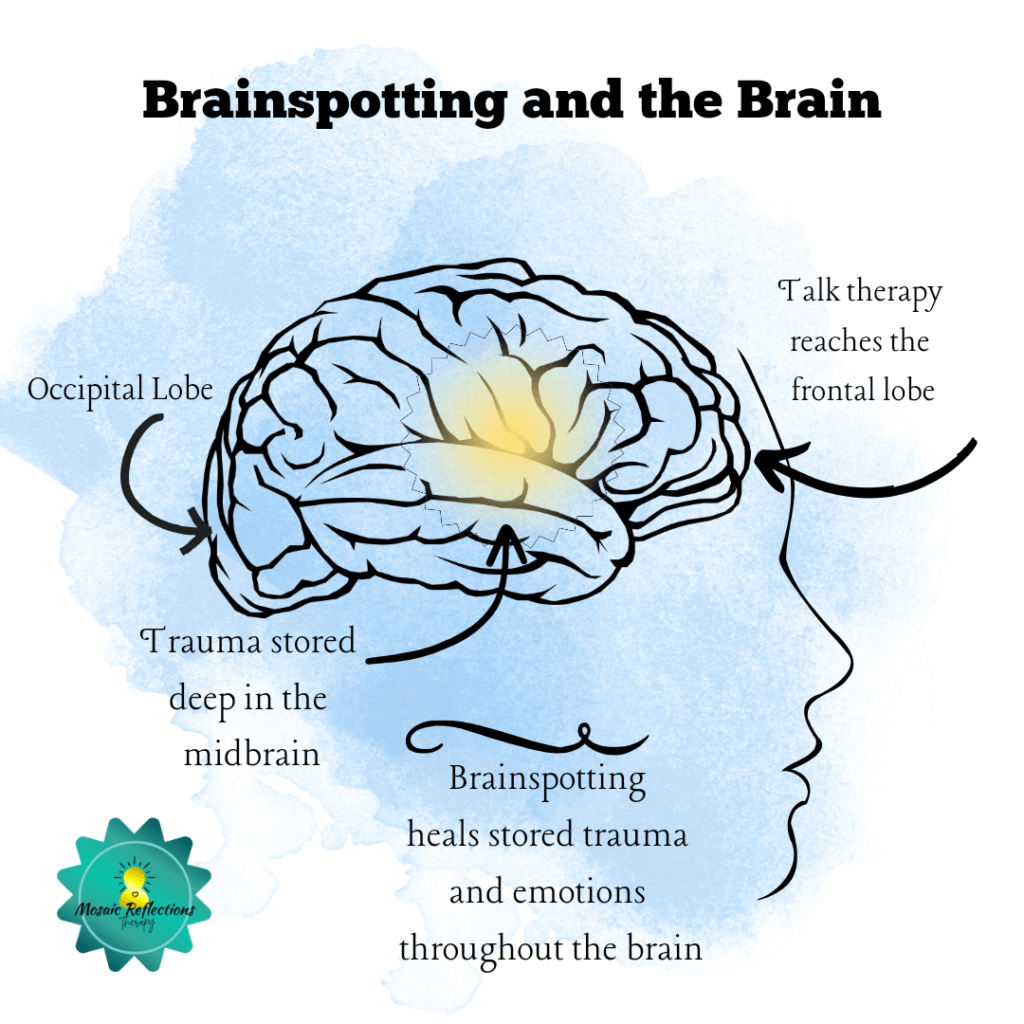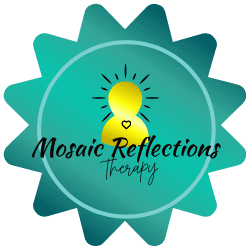The Mind-Body Connection: Exploring the Power of Therapy Techniques in Mental Health

In recent years, there has been a growing recognition of the intricate interplay between mental and physical health. The mind-body connection, once considered abstract or esoteric, is now a focal point in holistic approaches to well-being. There are many different mental health therapy techniques that can help you achieve holistic healing and overall well-being. From traditional talk therapy to innovative modalities like Brainspotting and Internal Family Systems Therapy (IFS) parts work, these techniques are designed to bridge the gap between your mind and body. They offer profound benefits and can make a real difference in your life. So, if you’re seeking ways to support your mental well-being, these therapies could offer the ideal solution for you.
Understanding the Mind-Body Connection
Before delving into therapy techniques, it’s essential to grasp the concept of the mind-body connection. The mind-body connection is a fascinating and complex phenomenon. It is the idea that our thoughts, feelings, beliefs, and attitudes can affect our physical health, and vice versa. For example, stress and anxiety can lead to physical symptoms such as headaches, muscle tension, and digestive issues. Similarly, chronic pain or illness can lead to depression, anxiety, and other mental health issues.
Researchers have found evidence to support the mind-body connection in a variety of ways. Studies have shown that stress can weaken the immune system and increase inflammation in the body. This can lead to a range of health problems. Similarly, negative emotions such as anger, fear, and sadness can have a detrimental effect on cardiovascular health.
On the other hand, positive emotions such as happiness, gratitude, and love have been linked to better health outcomes. For example, studies have shown that people who experience positive emotions have a lower risk of heart disease and other chronic illnesses.
Understanding the mind-body connection is crucial for maintaining overall health and well-being. It highlights the importance of taking care of both our physical and mental health and recognizing how they connect. By addressing both aspects of our health, we can improve our quality of life and reduce the risk of developing chronic health conditions.

The Role of Therapy Techniques
Therapy techniques provide structured frameworks for exploring and addressing mental health concerns while also promoting holistic healing. These techniques encompass a broad spectrum of approaches, each offering unique insights and strategies for enhancing the mind-body connection. Two such techniques that have gained traction in recent years are brainspotting and IFS parts work.
Brainspotting: Tapping Into the Brain’s Natural Healing Mechanisms
Dr. David Grand developed brainspotting in 2003. Brainspotting is a therapeutic approach that harnesses the brain’s innate capacity for processing and healing trauma. Talk therapy engages the neocortex (the thinking brain). Unlike traditional talk therapy, brainspotting targets the subcortical regions of the brain where trauma and emotional memories are stored.
At the core of brainspotting is the concept of “brainspots,” which are specific eye positions that correlate with areas of heightened emotional activation. By guiding clients to focus their gaze on these spots while accessing distressing memories or emotions, therapists facilitate the processing and release of stored trauma. This process taps into the brain’s natural ability to rewire neural pathways and integrate traumatic experiences. This will lead to profound healing on both psychological and physiological levels.
One of the key benefits of brainspotting is its ability to access deeper layers of the subconscious. This is often where unresolved trauma resides. By bypassing the cognitive defenses of the neocortex, clients can access and process traumatic memories more effectively. This deep processing can lead to lasting emotional resolution and physical relief.

IFS Parts Work: Uncovering Inner Dynamics for Wholeness
Internal Family Systems Therapy (IFS) offers another innovative approach to healing the mind-body connection. IFS explores the internal dynamics of the psyche. Developed by Dr. Richard Schwartz in the 1980s, IFS posits that the mind is composed of various “parts.” Each part has its own unique role, full range of emotions, and beliefs.
In IFS therapy, clients are guided to identify and communicate with these internal parts. This allows for insight into a client’s underlying motivations and conflicts. Through compassionate inquiry and dialogue, clients can cultivate a deeper understanding of their inner landscape. This deeper understanding helps to foster harmony and integration among their internal parts.
Central to the effectiveness of IFS is the concept of “Self,” which represents the core, unifying aspect of the psyche that is inherently compassionate, curious, and wise. By accessing the Self and facilitating self-leadership, clients can navigate internal conflicts and emotional wounds with greater clarity and resilience.
Benefits for the Mind-Body Connection
The integration of brainspotting and IFS parts work into mental health therapy yields a myriad of benefits for enhancing the mind-body connection:
- Trauma Resolution: Both brainspotting and IFS provide powerful tools for processing and resolving trauma, leading to a reduction in psychological distress and physical symptoms associated with unresolved trauma.
- Emotional Regulation: By accessing deeper layers of the psyche, clients can develop greater self-awareness and emotional regulation skills, which are essential for managing stress and promoting overall well-being.
- Physical Relief: The release of stored emotional tension and trauma through therapy techniques can manifest as physical relief, alleviating symptoms such as chronic pain, tension headaches, and gastrointestinal issues.
- Enhanced Self-Integration: Through the exploration of internal parts and facilitation of self-leadership, clients can experience a greater sense of coherence and wholeness within themselves, fostering a more harmonious mind-body connection.
- Empowerment: Therapy techniques empower clients to become active participants in their healing journey, offering them tools and strategies to cultivate resilience and self-compassion in the face of adversity.

Conclusion
The mind-body connection lies at the heart of holistic healing, underscoring the intricate interplay between mental and physical well-being. Therapy techniques such as brainspotting and IFS parts work offer powerful avenues for enhancing this connection, providing individuals with the tools and support they need to heal on multiple levels.
By tapping into the brain’s natural healing mechanisms and exploring the internal dynamics of the psyche, clients can experience profound shifts in their mental and physical health, paving the way for greater resilience, wholeness, and well-being. As we continue to explore the depths of the mind-body connection, these innovative therapy techniques stand at the forefront of transformative healing, offering hope and healing to those seeking holistic wellness.
Eleena Hardzinski, LMFT has experience in helping clients get unstuck and manage areas in your life that you may feel you can’t grow out of. Check out the Brainspotting Page and Blog Post to learn more about this unique therapy modality.







